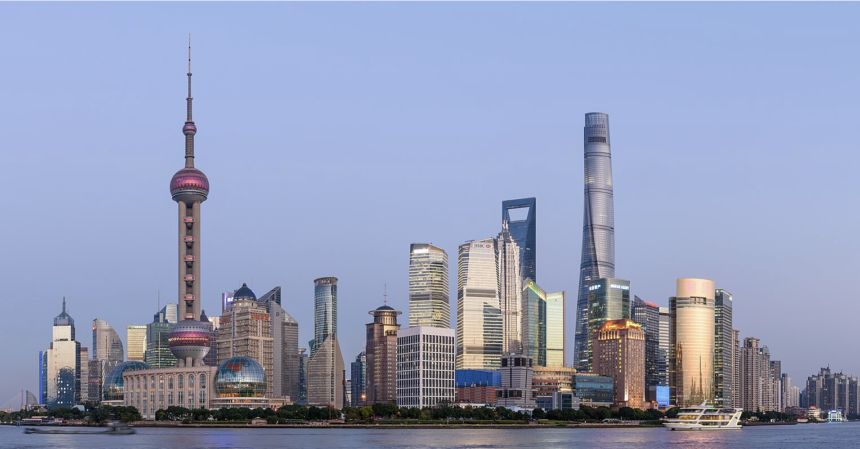It doesn’t take long to answer this question. So most of this post will be devoted to thinking about why this is a problem.
Please consider the following bloomberg Headings and subheadings:
Who would think that China is not an economic powerhouse? China
One of the hottest topics at the next World Climate Conference will be whether China should still be considered a “developing” country.
According to the IMF, China’s per capita GDP in 2024 is estimated at $13,136, well below the United States’ $85,373 and even below Mexico’s $15,246. On a PPP basis, China’s GDP is $25,015, also slightly lower than Mexico. China is clearly a developing country. So what’s going on here?
In recent years, the US government has adopted an adversarial relationship with China, and most media outlets are sympathetic to this policy. This attitude influences the way the media views all kinds of issues. Consider the following two examples.
1. When the Chinese government reports strong GDP growth, much of the media is immediately skeptical. Experts have been quoted who claim that China’s official figures are inflated. A study using satellite data on nighttime lighting suggests that China is much poorer than it claims.
2. If China is seen as a threat to U.S. national security, or if China is expected to fund the fight against global warming, then China will become a developed economy, indeed a “great power” economy. It is considered.
There seem to be no “facts” regarding China’s development status. Rather, it is viewed as either a lagging developing country or a leading industrialized country, depending on whether its status advances certain arguments being made by powerful special interest groups.
If the goal is to show that China is a bad government, reporting staggering economic growth rates is obviously a bad idea. If we are interested in convincing the public that China is a formidable competitor to the United States, then reporting that China is just a developing country is obviously a disservice.
This is how I read the Bloomberg headline and subhead: At this point, it is convenient for the US government to have China seen as an economic power. But not always. If reports of China’s rapid economic growth have led other developing countries to think that China’s system is worth emulating, then the GDP figures are probably inflated and China’s economic system is It’s time to point out that it’s actually very inefficient. China is much poorer than the government claims.
I don’t have an agenda, so I don’t take sides. I believe that China has grown very rapidly since Maoist economic policies were replaced by market reforms. I believe that China is just as rich as its government claims, and perhaps even richer. (It’s richer than Mexico.) I trust my eyes more than I trust satellite models of the economy. But I don’t think China is a fully developed economy. It is still far below the US and will likely continue to follow the US for the foreseeable future. In fact, China still lags behind other East Asian economies such as Japan, South Korea, Taiwan, and Singapore, largely due to the Chinese government’s continued over-involvement in the economy. .
In my view, China is not a threat to America’s near-total domination of the global economy in the 21st century. Indeed, the rise of high-tech has only solidified its dominance, with the US’ share of global stock market capitalization recently rising to an astonishing 61%. At the same time, I can understand why some people might think otherwise. China is a major player in many industries, especially manufacturing. But whatever your view, it’s important to avoid motivated reasoning. Whether China is a developed country does not depend on whether that fact advances the argument you happen to be making at the moment.




